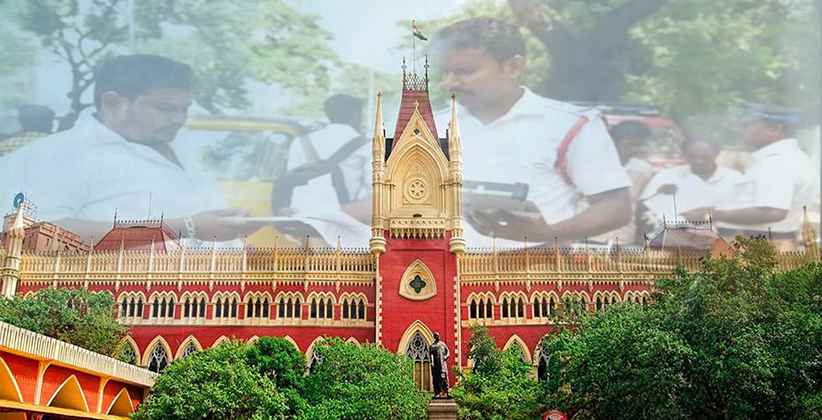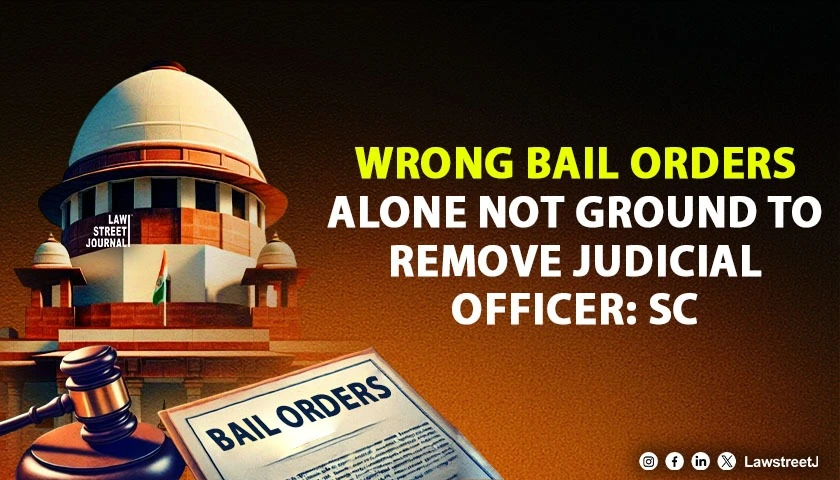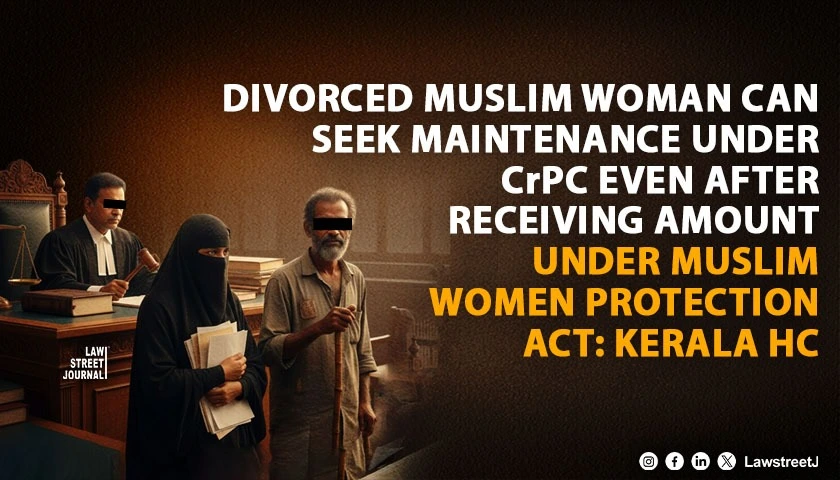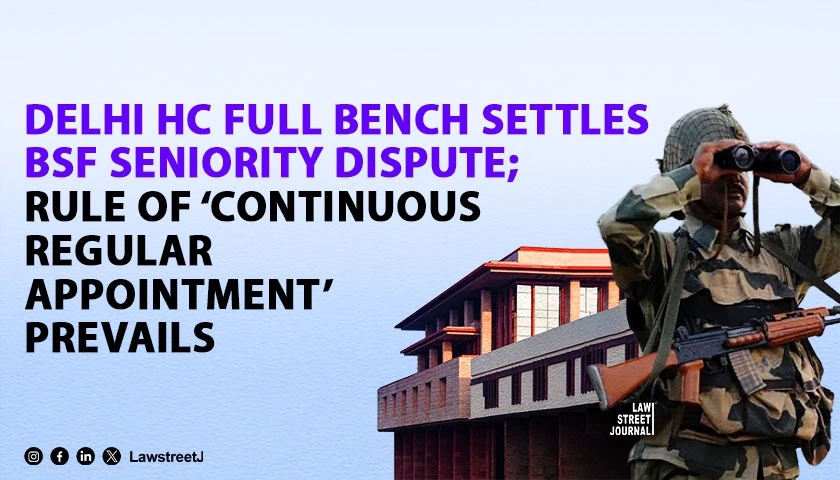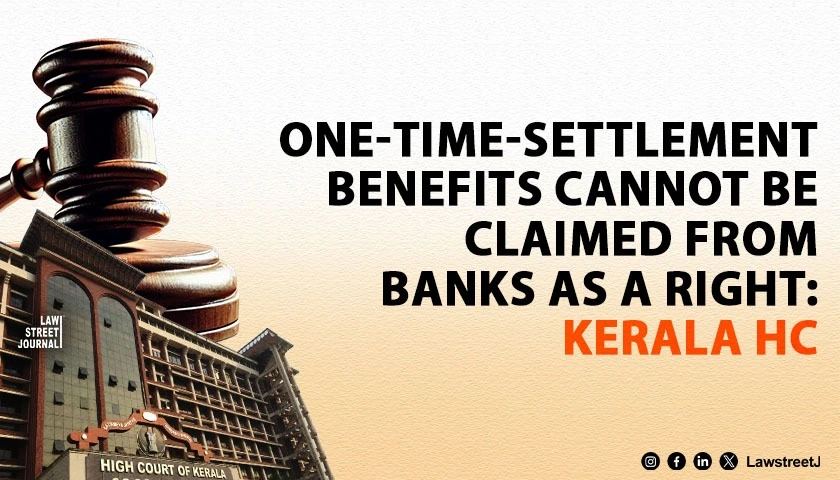A person is not obliged to hand over his driving license on demand to a Police Officer who is not in his uniform, in view of Section 130 of the Motor Vehicles Act, 1988, held Calcutta High court in Suryaneel Das v. State of West Bengal & Ors).
The court stated that the duty to produce a license and certificate of registration only arises under Section 130, sub section (1) of the Motor vehicles Act of 1988, which provides that the driver of a motor vehicle in any public place shall on demand by any police officer in uniform produce his license for examination.
A petition was filed by Mr. Suryaneel Das before the Bench of Calcutta High Court against the Respondent authorities, Mr Amal Kumar Sen, Ashima Das and others. The petitioner had parked his car in a locality in Bidhan Nagar Area where he was holding a telephonic conversation and two middle-aged men came to him, asked him to disconnect his call and asked him to step out of his car to respond to the queries of a third man.
The petitioner was unsure about the identities of those people and asked about their identity proofs but they didnt show him the identity proof, instead they intimidated and hassled the petitioner.
Ultimately, the driving license was seized without providing any temporary authorization slip which is contemplated in Section 26(3) of the Motor Vehicles Act 1988 (MVA 1988).
The petitioner mentioned to the bench that he was provided with a Purported Compound Slip (PCS) without disclosing the required details of the compound officer.
The petitioner in his argument took the support of Section 130 of the MVA 1988 which mentions the driver of a motor vehicle in any public place shall, on demand by any police officer in uniform, (emphasis supplied), produce his license for examination subject to the proviso therein.
The petitioner cites the judgment of Dipankar Dutta vs. State of West Bengal, 2014 4 CHN 380 held that the offender in case of a seizure of Section 206 (2) of MVA 1988 has an opportunity to defend himself. Further, the bench opined that Insistence on admitting the offence and paying the penalty is nothing but a violation of the fundamental right of a citizen guaranteed under the Constitution of India, depriving the alleged offender of his right of hearing which, it was held, amounts to a violation of the principles of Natural Justice.
The learned counsel representing for Respondent before the Court argued that the petitioner was charged under Section 122 read with 177 of MVV 1988 Act. Moreover, he added since Section 177 enables a fine of Rs.100/- to be imposed for the first offence for any of the offences provided under the 1988 Act, for which no penalty was provided, the Sub-Inspector of Police, namely, one Biswajit Das, wrongly named as Jiban Ray in the cause title of the present writ petition, was on a raid on a particular evening and found that the petitioner had parked his car violating the no parking rule of the 1988 Act and causing hindrance to public thoroughfares inside the block, the said Sub-Inspector had confronted the petitioner with such charge.
The Counsel for Respondent submitted that on-demand, the petitioner wasnt able to state reasonable and sufficient explanation for unlawful behaviour. Further, the Counsel for Respondent submitted that under Section 206(2) of the 1988 Act, any police officer or other person authorized in that behalf by the State Government may, if he has reason to believe that the driver of a motor vehicle who is charged with any offence under this Act, may abscond or otherwise avoid the service of a summons, seize any license held by such driver and forward it to the court taking cognizance of the offence and the said court shall, on the first appearance of such driver before it, return the license to him in exchange for the temporary acknowledgement given under sub-section (3) of Section 206 of the 1988 Act.
Lastly, the Judgment made by the Bench of Calcutta High Court held that The Sub-Inspector-in-question is cautioned to follow due process of law in future, in case of seizure of driving licenses and in conducting himself with alleged offenders. Since a police officer is supposed to be a protector of justice, a much higher obligation is expected from the officers of the police than a common citizen concerning protecting the law by following due process of law.
Consequently, the bench ordered that the Sub-inspector must return the driving license through his Counsel to the petitioner and non-issuance of temporary acknowledgement reeks of mala fide intention of officers. Hence, the petitioner was under no duty, it is reiterated, under Section 130 of the 1988 Act to produce his driving license even for examination since the police officer in question was not in uniform.
The matter was heard by a single judge bench, Justice Sabyasachi Bhattacharyya.
Author: Asif Iqbal

